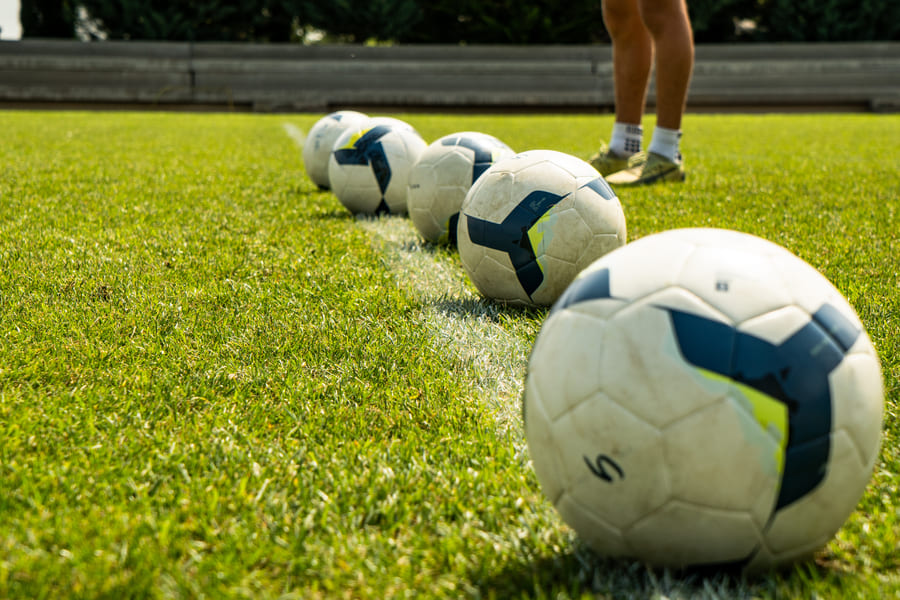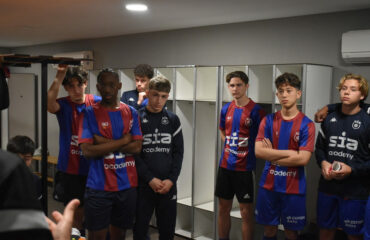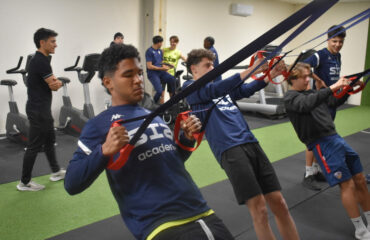Football academies in France are key institutions for the training of young footballers. They have evolved over time and have had a significant impact on the development of the sport in the country. Among them, INF Clairefontaine stands out for its comprehensive approach, combining sports training and academic training. These academies offer a conducive environment for talents to develop and achieve their professional goals in football.
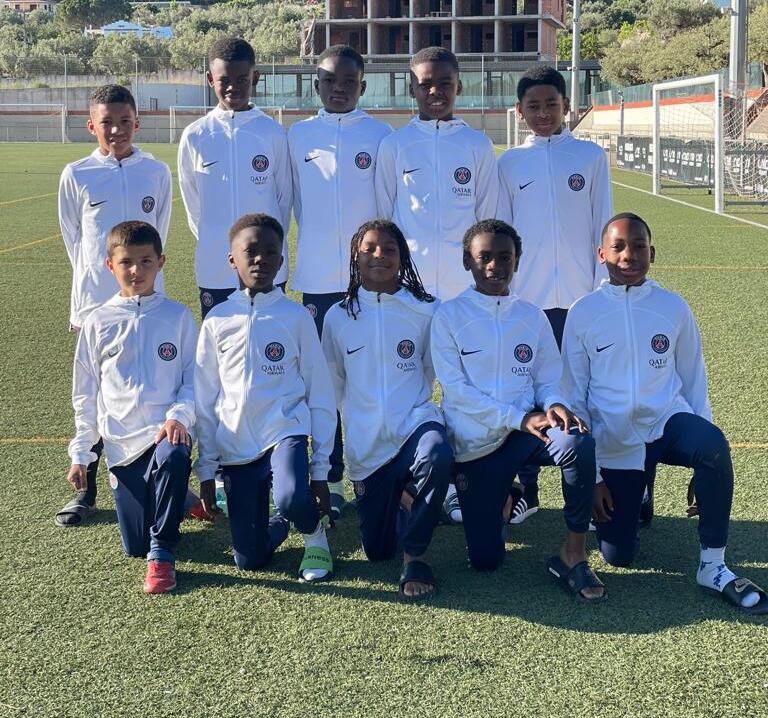
Table of contents
History of Football Academies in France
Football academies in France have a rich history dating back to their beginnings in the second half of the 20th century. With the aim of developing young talent, they have become key players in the development of national football.
Origins and Evolution
The establishment of football academies in France stems from the need to train young talents in a professional and structured environment. Over the years, this process has evolved and adapted to the demands of modern sport.
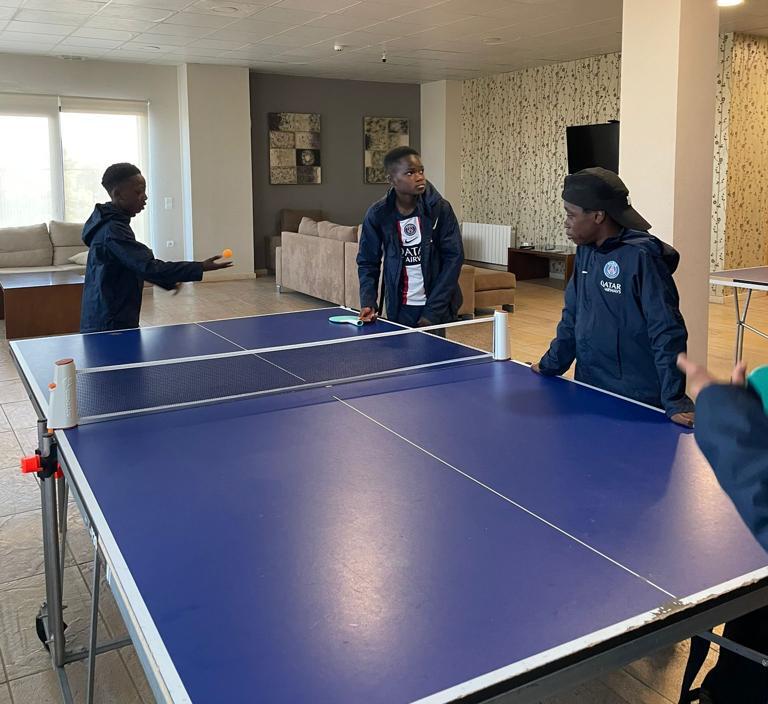
Foundation and Development
The first academies were founded in the 1980s, but the creation of the Institut National du Football (INF) in Clairefontaine in 1988 marked a significant milestone in this process. This institution was conceived to raise the quality of training in youth football by offering an ideal environment where young footballers could develop both athletically and personally.
Impact on National Football
The impact of these academies on French professional football has been notable . By producing numerous talented players, they have nourished the country’s top leagues. Many of these footballers have gone on to excel in international competitions, which has contributed to France’s reputation as a cradle of great talents in the world of football.
The Vision of Fernand Sastre
Fernand Sastre, who was president of the French Football Federation , had a clear vision about the importance of youth training. His goal was to establish a model that would encourage the development of football skills from an early age.
The creation of the INF Clairefontaine was a decisive step in this direction. This centre was designed not only to train young people in the physical and technical aspects of football, but also to instil sporting values and promote the all-round education of students. Thus, a path was forged towards excellence in the training of footballers, integrating academic and sporting aspects in one place.
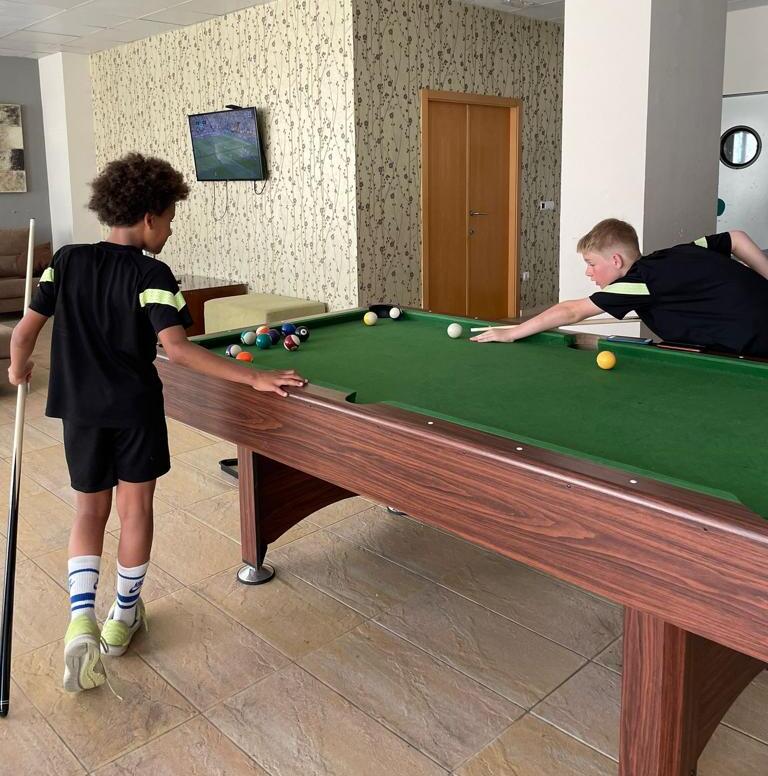
INF Clairefontaine: Model of Excellence
INF Clairefontaine is a benchmark in the development of young footballers in France. Its comprehensive approach and worldwide reputation make it stand out among the elite academies in youth football.
Talent Selection Process
Requirements and Criteria
To be admitted to this prestigious academy, applicants must meet certain key requirements. From the age of 13, children must reside in the Île-de-France region and be French citizens. This ensures that talent is assessed in a competitive and accessible environment. Selection is based on the early detection of footballing abilities, as well as the motivation and commitment of each player.
Tests and Assessments
The selection process includes rigorous level tests. These tests are carried out in multiple stages and are designed to assess both the individual technique and tactical ability of prospective footballers. Dedication during these assessments is essential to stand out and secure a place at Clairefontaine. Approximately 22 talents are selected each year, highlighting the competitiveness of the process.

Training Program
Sports Training
The INF Clairefontaine training programme is comprehensive and designed to develop young athletes’ skills in different aspects of the game. It includes physical and technical training sessions that take place throughout the week. Particular attention is paid to the refinement of individual skills, team tactics and psychological development to prepare players for the demands of professional football.
Academic Education
Clairefontaine students also receive academic training. They attend the Catherine de Vivonne College and later the Louis Bascan Institute. The academic approach is rigorous, requiring young footballers to maintain high performance in their studies. This combination of sport and education is essential to forming not only excellent players, but also well-rounded and educated individuals.
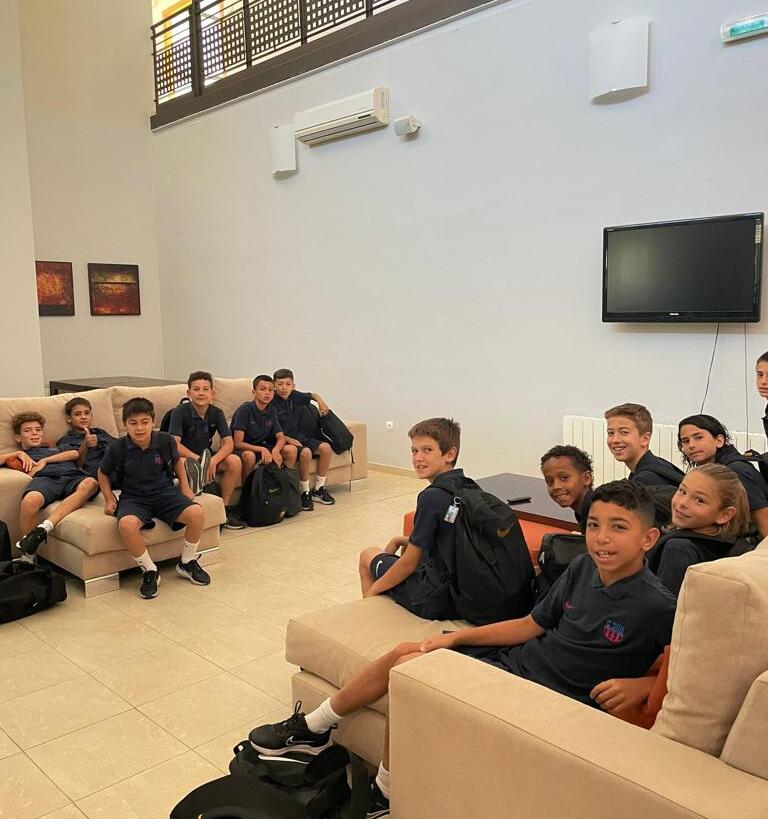
Life on Campus
Life on the Clairefontaine campus is a unique experience. Students reside on campus during the week, allowing for total immersion in the learning environment. Daily activities balance sports training with academic education. In addition, social bonding and personal development are encouraged in this collaborative and supportive environment.
Modern Facilities
Fields and Services
The training centre has top-class facilities spread over a 56-hectare area. It has natural and artificial grass pitches, as well as a stadium where matches and competitions are held. These facilities allow for high-quality training, adapted to the needs of each discipline. The academy is committed to providing young footballers with an ideal environment for their development.
Accommodations and Amenities
Accommodations on campus are designed to ensure the well-being of students. With comfortable rooms and adequate services, an environment conducive to study and training is fostered. Facilities also include recreational areas and social spaces, where young people can relax and socialize, forming bonds that last beyond their time at the academy.
Other High Performance Centres in France
France has several high-performance centres that complement the training of young footballers. These academies are renowned for their focus on the comprehensive training of players and their ability to develop talents that later stand out in professional football.
Olympique Lyonnais
Olympique Lyon’s academy is known for its focus on developing players from an early age. Lyon has built a solid reputation as a talent pool that has produced top-level footballers over the past decades.
The academy structure allows young footballers to receive appropriate technical and tactical training. A strong emphasis is placed on discipline and work ethic. Players train under the guidance of experienced coaches and participate in regional competitions, giving them the opportunity to demonstrate their skills in a real competitive environment.
Paris Saint-Germain
The PSG academy has become a point of reference in the field of youth football. Backed by one of the most prestigious clubs in Europe, young footballers have access to modern facilities and an educational approach that promotes both sporting and academic development.
- Intensive training programs that address technical, tactical and physical aspects of the game.
- A learning environment that fosters creativity and freedom of expression in the field.
- Opportunities to participate in competitions that allow for continuous evaluation of football performance.
The academy also focuses on the comprehensive training of young people, offering psychological support and programmes to prepare them for life outside of sport, which is essential for the personal development of footballers.
Monaco
Monaco’s academy has been instrumental in producing outstanding footballers who have gone on to play for elite European clubs. Its development model combines a rigorous approach to training with opportunities to compete at high levels.
- A holistic development program that includes technical, tactical and physical aspects of the ball.
- Integration of academic training, ensuring that young footballers maintain their education while pursuing their sporting dreams.
- First-class facilities that facilitate constant and effective training.
Monaco stands out for its genuine investment in young talent, which over the years has produced a remarkable number of players who have shone in international competitions, contributing to the country’s rich football tradition.
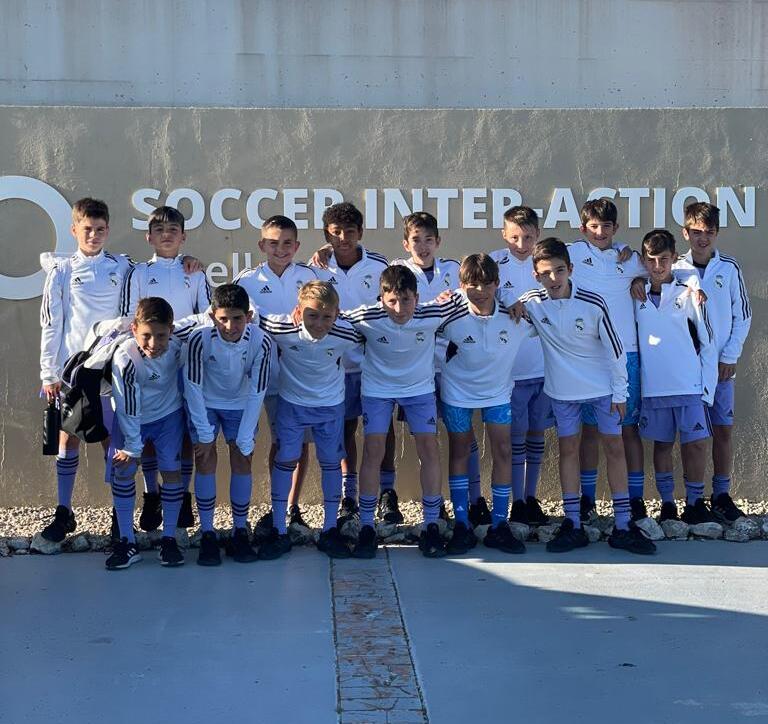
The Impact on the Development of Young Footballers
Football academies in France play a crucial role in the development of young footballers, combining education with sporting development. This comprehensive approach allows students to grow both in football skills and in their personal lives.
Student Experience
The experience of young footballers in these academies is transformative. They are offered a structure that not only allows them to train, but also to learn and develop in a competitive and enriching environment.
Daily Routine
The daily routine at a football academy is intense and highly organised. The day usually starts early, with physical training sessions that prepare the body for the challenges of the sport. Later, technical practices take place, where students hone their skills with the ball. The day also includes theoretical sessions where tactics and strategies are studied.
After their activities on the field, the students devote themselves to their studies. They attend classes that reflect the academy’s commitment to their academic education. The schedules are strict, seeking to ensure that each student maintains a balance between their athletic and academic development.
At weekends, the young footballers take part in competitions and friendly matches, allowing them to put what they have learned into practice. Recreational activities and excursions are also organised to foster group cohesion and a sense of community.
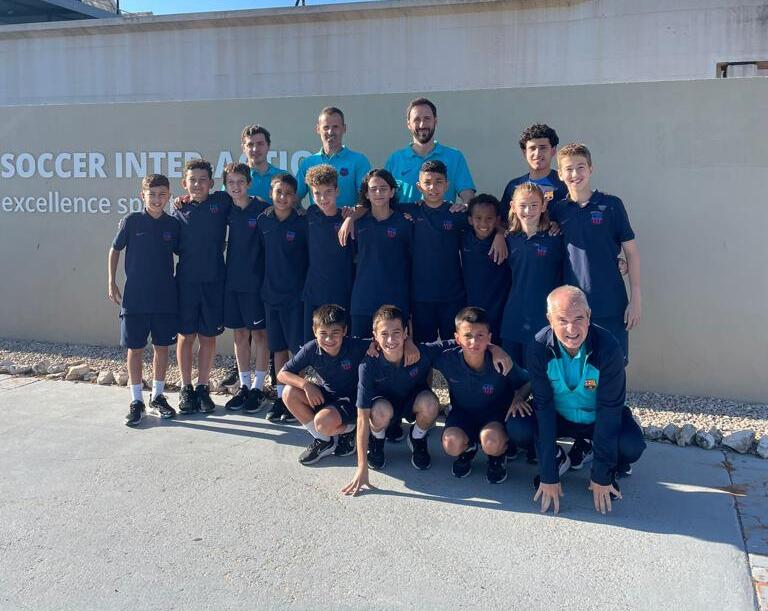
Participation in Competitions
Participation in competitions is an essential aspect of the academy experience. Through internal and external tournaments, players have the opportunity to compete against other talents, helping them to assess their progress and improve under pressure.
These competitions are not only a way to measure individual performance, but also foster teamwork and leadership skills. Coaches often closely observe these performances to identify areas for improvement and potential leaders within the group.
International Opportunities
The reach of football academies in France extends beyond national borders. The increasing globalisation of sport has allowed young talents from different parts of the world to seek opportunities in these prestigious institutions. This enriches the training environment by introducing diverse cultures and playing styles.
International students can benefit from tailored programmes that combine their football training with education. This mix not only broadens their horizons in the sporting field, but also provides them with tools to cope in an international environment.
This international approach translates into a richer and more diverse learning experience, training new players who are better equipped for the challenges of professional football on a global scale. French academies thus train not only footballers, but citizens of the world in the sporting field.
Why Choose a Football Academy in France?
Football academies in France have established themselves as a benchmark in the development of talents. They offer a unique combination of football and academic education, making them a very attractive option for young people committed to their comprehensive development.
Reputation and Quality
The reputation of football academies in France is undisputed. These institutions are known worldwide for their ability to develop players who go on to join the best European clubs. The technical, tactical and physical training offered at these academies is of high quality, implementing innovative and effective training methods.
The quality of the coaches, many of whom have had successful professional careers, is a vital point. These mentors not only teach the skills needed on the field, but also provide guidance on discipline and teamwork, essential values in football and in life.
Connection with Professional Clubs
A significant advantage offered by these academies is their close relationship with professional clubs in Ligue 1. This connection ensures that young talents have real opportunities to be observed by football scouts, thus facilitating their access to professional leagues. Most clubs maintain monitoring programmes for their pupils, ensuring that those who show great potential have a chance of signing professional contracts.
- Access to direct scouting networks.
- Exchange programs with professional clubs.
- Contests and competitions that increase visibility to recruiters.
Future Perspectives in Professional Football
Choosing an academy in France opens doors to a promising future in the world of football. The comprehensive training that students receive at these institutions not only focuses on developing sporting skills, but also prepares them to face the challenges of the professional field, including managing pressure and public life. These academies train their students to become well-rounded players and responsible citizens.
The career opportunities presented to those who emerge from these academies are varied. Some of today’s most prominent footballers have begun their training at these institutions, creating a continuing legacy of success.
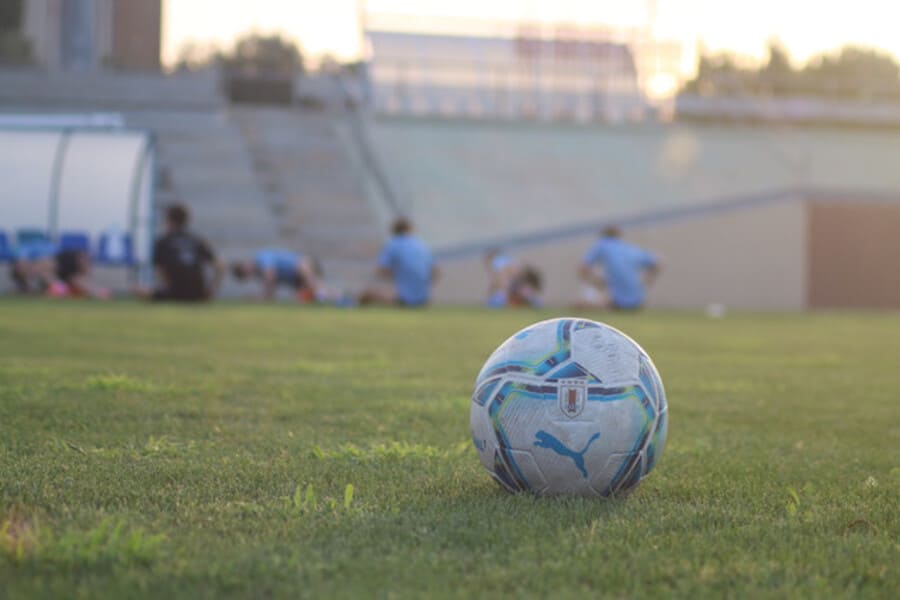
SIA Academy – High Performance Center in Spain
At Soccer Inter-Action we offer high performance football programmes at our academy located in Valencia, Spain, for players aged 13-23. The programmes include summer and winter camps, year-round programmes and the most popular is Next Gen (for young people aged 19-23) combining intensive training with the possibility of education at the British School and the possibility of trialling at professional clubs of 2 RFEF. At the academy we have high-level facilities, such as natural grass pitches, a gym, a physiotherapy centre, a restaurant and medical clinics. In addition, players also participate in national and international tournaments with the possibility of being seen by professional scouts.



